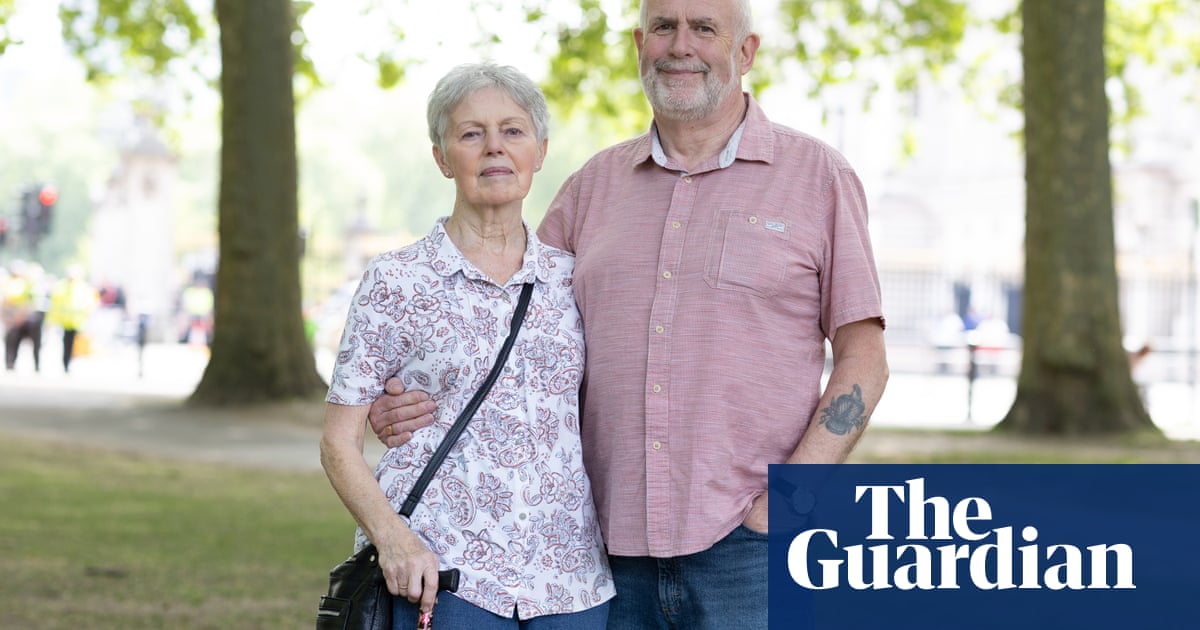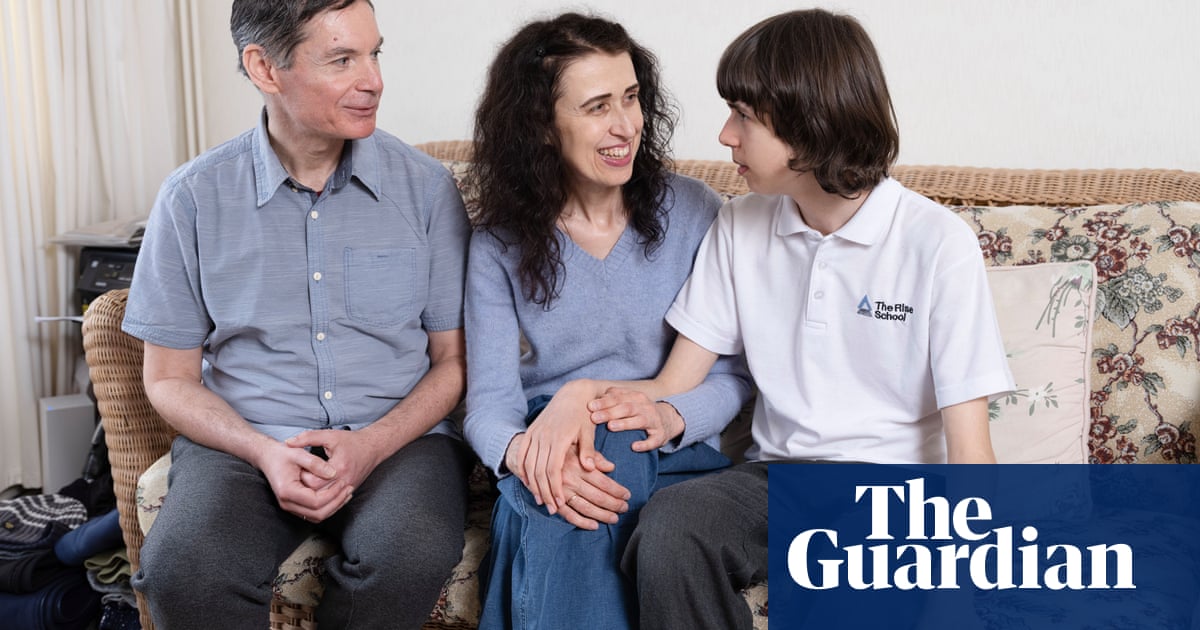Switching off the colours on your phone and spending half an hour a week pruning your algorithm can help consumers control and improve their online media diet, according to a professor turned “digital nutritionist”.
These two measures, otherwise known as greyscaling and algorithmic resistance, are among a number of recommendations from Dr Kaitlyn Regehr, an associate professor at University College London and a leading expert in digital literacy.
While recent debate has focused on the harm caused to children by social media, Regehr wants to address digital illiteracy among parents so they can better understand their children’s devices and how they can be used safely and effectively.
In her new book, Smartphone Nation, Regehr recommends first facing up to your own usage with a digital “walk-through” of favourite apps with a friend or partner, or keeping a “phone-fed journal”, noting what you opened your phone to do, where you ended up, how long you were on it and how you felt at the end.
“Turning your phone to greyscale is one of the quickest and easiest ways of understanding the impact of colour and images on our user experience,” she writes. “This will give you a sense of how colour and image play into the addictive nature of these devices.”
Instructions for this can be found either at Google Help for Android phones or Apple Support for iPhones.
Algorithmic resistance, meanwhile, is about controlling your algorithm rather than letting it control you, so Regehr advises making clear choices about what you want to see on your feed, dedicating half an hour a week to finding the best possible content and not dwelling on rubbish.
“When I was concerned about my family’s digital diet … I struggled to know what guidance to use,” Regehr explains in the book. “I created something to help myself and my family navigate the digital terrain. I thought of myself as a digital nutritionist.”
In an interview with the Guardian, Regehr said she supported school smartphone bans and the growing campaign for a smartphone-free childhood, but these were not enough alone and more education was needed to help families think critically about their digital choices.
“Because even if you hold off giving a kid a smartphone until after they are 15, they will turn 16. And we have a responsibility to give them the tools they need to navigate this space effectively,” she said. “We do need to provide them with education about how these things work.”
Her book, subtitled “Why we’re all addicted to screens and what you can do about it”, is designed to help fill that gap, and will be accompanied by new educational materials that will be introduced in schools later this month.
Almost all schools in England have now banned mobile phone use by pupils in school hours, according to the first national survey on the subject, commissioned by Rachel de Souza, the children’s commissioner for England.
Prompted by concerns about the effect on children’s mental health, attention span and online safety, the survey of more than 15,000 schools found that 99.8% of primary schools and 90% of secondary schools had some form of ban.
“I support the work of Smartphone Free Childhood,” said Regehr, who is programme director of digital humanities at UCL and has previously researched how algorithms used by social media platforms are rapidly amplifying extreme misogynistic content. “My fear is that when you implement a ban, it can let schools and legislators off the hook because they think the job is done.”
Regehr’s book is dedicated to her two young daughters. “My goal is for my kids to look back on our generation as wildly unhealthy and tech-enslaved, just as we look back on a generation previous smoking in hospital delivery rooms and not wearing seatbelts.
“I am trying to make a cultural change so that their lives are better. This is the biggest threat to their health and wellbeing, and it’s something that I want to tackle and I believe we can see a cultural change. People just need the information.”
Smartphone Nation: Why We’re All Addicted to Screens and What You Can Do About It by Dr Kaitlyn Regehr is published by Bluebird on 15 May

 14 hours ago
4
14 hours ago
4













































